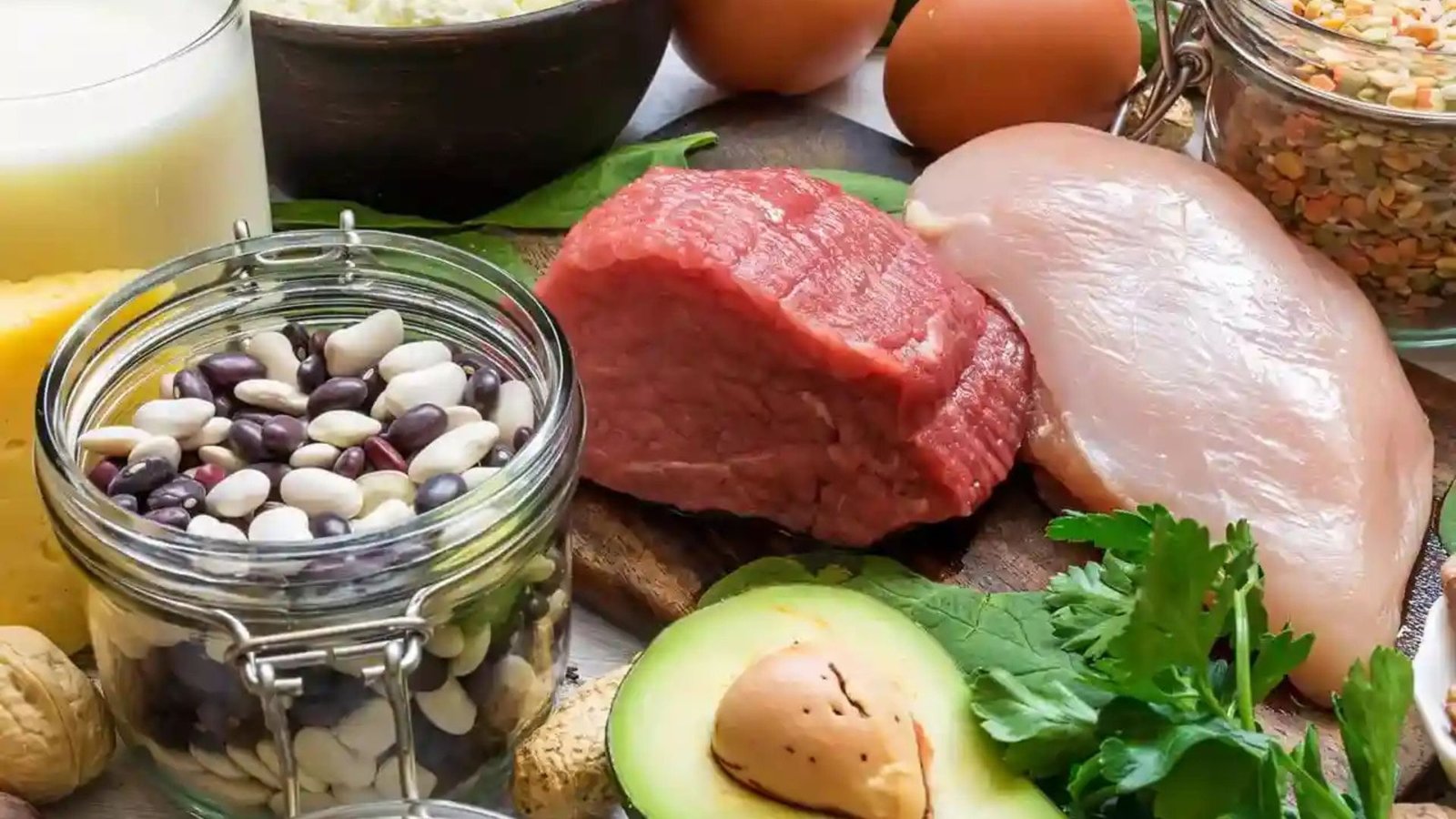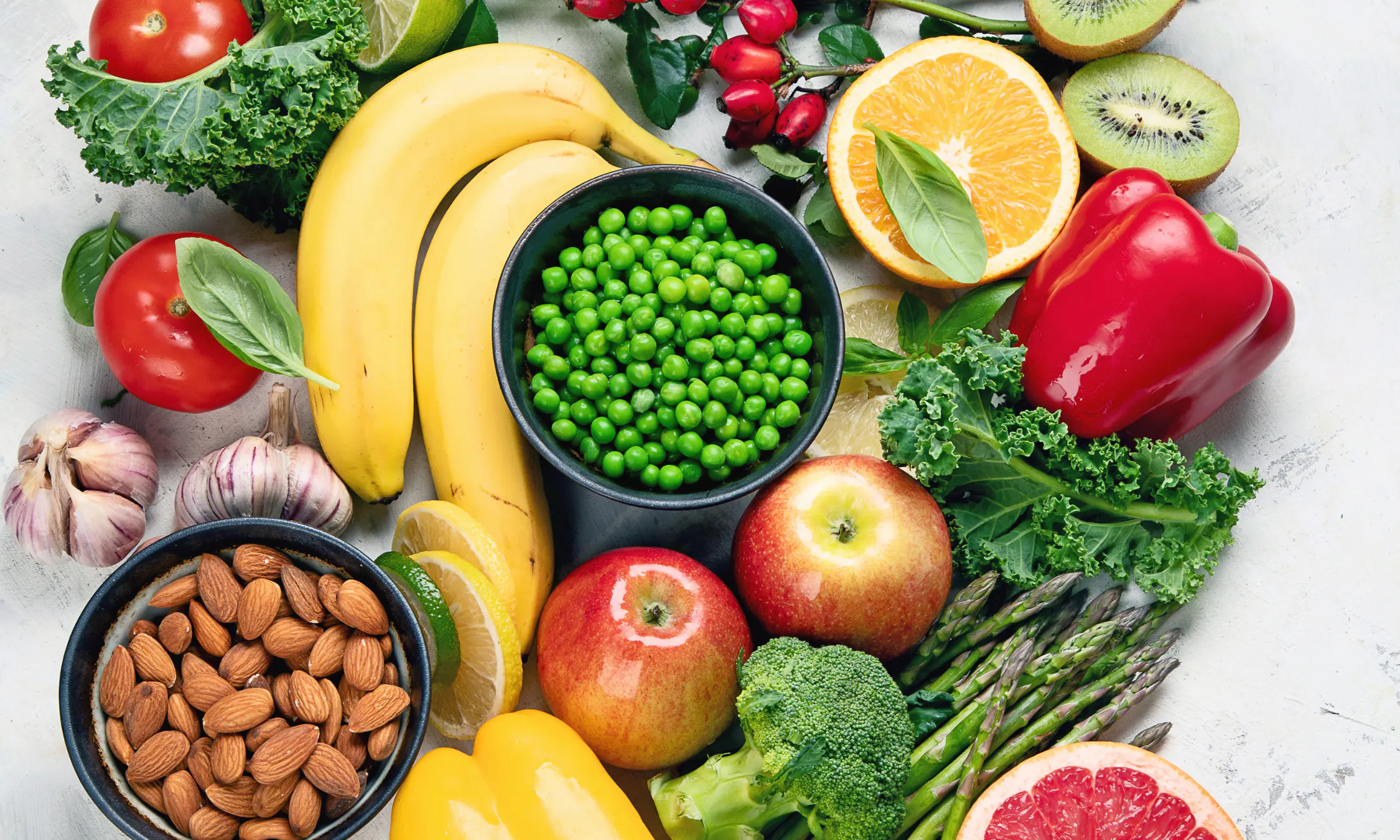Your digestive system plays a crucial role in your overall health. It helps break down food, absorb nutrients, and eliminate waste. When it’s functioning well, you feel energized, your body gets the nutrients it needs, and you can avoid digestive discomfort. However, poor eating habits, stress, and a lack of physical activity can disrupt digestion and lead to uncomfortable issues like bloating, constipation, and indigestion. If you’re looking to improve your digestive system health, this article provides top tips for improving digestive system health that are simple and effective. By making small changes in your diet, lifestyle, and habits, you can keep your digestive system running smoothly.

1. Eat a Fiber-Rich Diet
One of the best ways to improve your digestive system health is by increasing your fiber intake. Fiber helps regulate your digestion by promoting healthy bowel movements, preventing constipation, and supporting the growth of beneficial gut bacteria.
Sources of Fiber:
- Fruits and Vegetables: Apples, bananas, berries, carrots, spinach, and broccoli are excellent sources of fiber.
- Whole Grains: Brown rice, oats, quinoa, and whole wheat bread provide both soluble and insoluble fiber, which are beneficial for digestion.
- Legumes: Beans, lentils, and chickpeas are rich in fiber and help keep your digestive system on track.
2. Stay Hydrated
Drinking enough water is crucial for digestive health. Water helps break down food, absorb nutrients, and soften stool, making it easier to pass. Dehydration can lead to constipation, bloating, and discomfort.
Tips for Staying Hydrated:
- Drink water throughout the day, aiming for at least 8 cups (about 2 liters).
- Herbal teas, like ginger or peppermint tea, can also aid digestion and provide hydration.
- Limit sugary drinks and sodas, as they can cause digestive upset.
3. Practice Mindful Eating
How you eat is just as important as what you eat. Eating mindfully—slowing down, chewing your food thoroughly, and paying attention to hunger and fullness cues—can improve your digestion. Eating too quickly can lead to indigestion, gas, and bloating because it’s harder for your stomach to break down food properly.
Tips for Mindful Eating:
- Take smaller bites and chew your food thoroughly (about 20-30 times per bite).
- Avoid distractions like TV or smartphones during meals, which can make you eat faster and overlook signs of fullness.
- Eat smaller, more frequent meals instead of large meals to reduce stress on your digestive system.
4. Include Probiotics and Prebiotics
Your gut is home to trillions of bacteria that help with digestion and overall health. To support a healthy gut, include probiotics (beneficial bacteria) and prebiotics (foods that feed beneficial bacteria) in your diet.
Probiotic-Rich Foods:
- Yogurt (with live active cultures)
- Kefir (fermented milk drink)
- Kimchi, Sauerkraut, and other fermented vegetables
- Miso and Tempeh
Prebiotic-Rich Foods:
- Garlic, onions, and leeks
- Asparagus and artichokes
- Bananas (especially when they’re slightly green)
- Oats and barley
Incorporating both probiotics and prebiotics helps balance gut bacteria, improving digestion and boosting your immune system.
5. Get Regular Exercise
Physical activity doesn’t just keep your body fit—it also helps keep your digestive system running smoothly. Exercise stimulates the muscles in your intestines, helping food move through your digestive tract more effectively and reducing the risk of constipation.
Exercise Tips for Digestion:
- Aim for at least 30 minutes of moderate exercise most days of the week, such as walking, cycling, or swimming.
- Gentle activities like yoga can also help improve digestion by reducing stress and stimulating the digestive organs.
6. Manage Stress Effectively
Stress can have a negative impact on your digestive health, leading to issues like indigestion, bloating, and even irritable bowel syndrome (IBS). Chronic stress can also slow down digestion, causing discomfort and bloating.
Ways to Manage Stress:
- Deep Breathing: Take slow, deep breaths to activate the body’s relaxation response.
- Meditation and Mindfulness: These practices can reduce stress and improve overall gut health by calming your mind and body.
- Exercise: Physical activity, as mentioned above, is a great way to relieve stress and improve digestion.
Taking steps to manage stress can have significant benefits for your digestive system.
7. Avoid Overeating
Overeating places extra stress on your digestive system and can lead to discomfort like bloating, heartburn, and indigestion. Eating large meals in one sitting can overload the stomach, making it harder for your body to break down food properly.
Tips to Prevent Overeating:
- Eat slowly and listen to your body’s signals of fullness.
- Avoid eating large meals late at night to give your digestive system time to rest.
- Consider smaller meals or snacks throughout the day to maintain steady energy levels and avoid large meal-induced discomfort.
8. Limit Processed Foods
Processed foods, especially those high in refined sugars, unhealthy fats, and additives, can disrupt your digestive health. These foods can irritate the stomach lining, leading to discomfort, acid reflux, and other digestive issues.
Alternatives to Processed Foods:
- Choose whole, natural foods like fruits, vegetables, lean proteins, and whole grains instead of packaged or fast foods.
- Limit your intake of artificial sweeteners and high-fat foods, which can disrupt gut bacteria and cause digestive distress.
9. Avoid Smoking and Excessive Alcohol
Both smoking and heavy alcohol consumption can harm your digestive health. Smoking can increase your risk of acid reflux, ulcers, and other digestive disorders, while alcohol can irritate the stomach lining and disrupt digestion.
Healthier Alternatives:
- If you smoke, seek support to quit. This can dramatically improve both your digestive and overall health.
- Limit alcohol intake and avoid drinking on an empty stomach to prevent digestive upset.
10. Regularly Include Healthy Fats
Healthy fats, such as those found in avocado, olive oil, and fatty fish, play an essential role in digestion. They help the body absorb fat-soluble vitamins like A, D, E, and K and maintain a healthy gut lining.
Healthy Fat Sources:
- Avocados
- Olive oil
- Fatty fish like salmon and mackerel
- Nuts and seeds like walnuts, chia, and flaxseeds
These fats also have anti-inflammatory properties that support overall digestive health.
Conclusion
By adopting these top tips for improving digestive system health, you can support your digestive tract, prevent common digestive issues, and improve your overall well-being. Eating a fiber-rich diet, staying hydrated, managing stress, exercising regularly, and incorporating probiotics and healthy fats into your diet are all simple yet effective strategies to keep your digestive system healthy.
Making these small changes today can lead to long-term digestive benefits, helping you feel more comfortable, energized, and healthy. Start implementing these tips now to give your digestive system the care it deserves.











